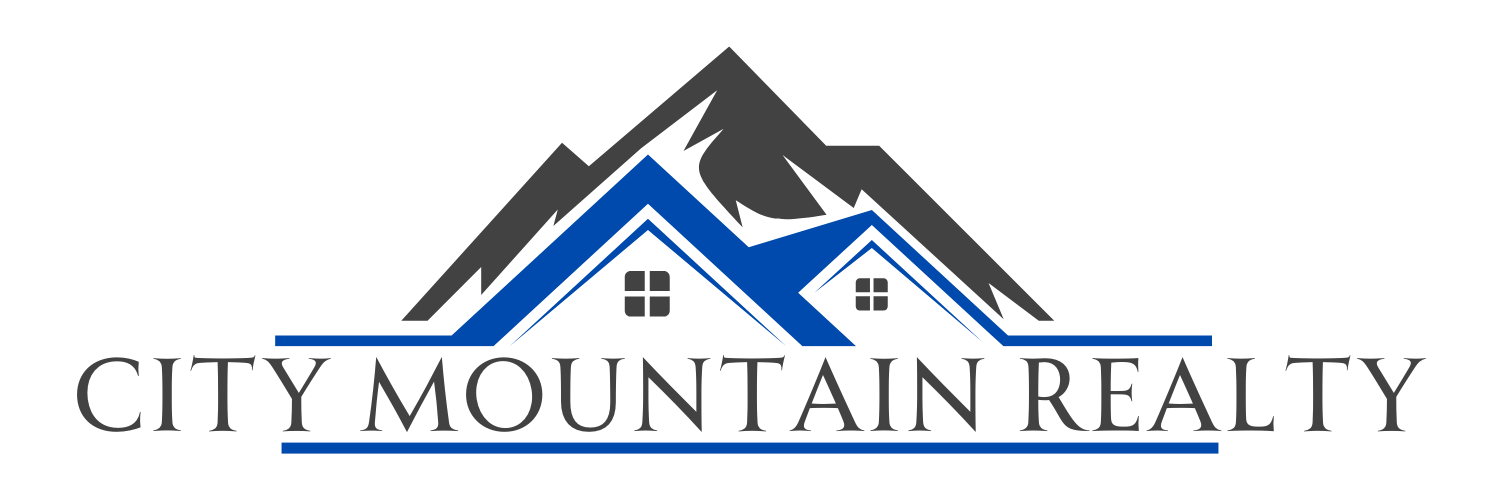Shannon Sanborn Gainesville Ga Relocation Realtor
Moving to a new city can be both exciting and overwhelming. If you’re considering a move to Gainesville, Georgia, there are a few things you should know before making the leap. As someone who has lived in Gainesville for several years, I can offer some insights that may help you make an informed decision.
One of the most important things to consider when moving to Gainesville is the climate. Located in the southern United States, Gainesville experiences hot and humid summers, and mild winters. While the weather can be pleasant for much of the year, the summers can be uncomfortable for those who are not accustomed to the heat. Understanding Gainesville’s climate and how it may impact your daily life is essential when considering a move to this city.
Another key consideration when moving to Gainesville is the housing market. Like many cities, Gainesville has experienced significant growth in recent years, which has driven up housing prices. However, compared to other cities in the region, Gainesville remains relatively affordable. Navigating the housing market can be challenging, but with some research and preparation, you can find a home that meets your needs and budget.
Key Takeaways
- Understanding the climate in Gainesville is crucial when considering a move to the city.
- The housing market in Gainesville can be challenging to navigate, but the city remains relatively affordable compared to other cities in the region.
- Doing your research and preparation can help you make an informed decision about whether Gainesville is the right city for you.
Understanding Gainesville’s Climate
Weather Patterns
As someone who has lived in Gainesville, Georgia for several years, I can attest that the city experiences a humid subtropical climate. This means that the summers are hot and humid, while the winters are mild and rainy. The city receives an average of 52 inches of rainfall per year, which is higher than the national average.
During the summer months, temperatures can reach up to 90°F, and it is not uncommon for the humidity to make it feel even hotter. Thunderstorms are common during this time of year, and they can be quite intense. It is important to be prepared for sudden downpours and lightning strikes.
In the winter, temperatures rarely drop below freezing, but it can still be quite chilly. It is not uncommon for the city to experience freezing rain or sleet during the winter months. It is important to be prepared for these conditions by having appropriate clothing and footwear.
Best Time to Move
The best time to move to Gainesville, Georgia is during the spring or fall. During these seasons, the weather is mild, and the humidity is not as intense as it is during the summer. This makes it a great time to explore the city and its surrounding areas without feeling too uncomfortable.
It is important to note that the housing market in Gainesville can be quite competitive, especially during the summer months. If you are planning on moving during this time, be prepared to pay higher prices and to act quickly when you find a property that you like. However, if you are able to wait until the fall or winter, you may be able to find better deals on housing.
Navigating the Housing Market
Moving to a new city can be overwhelming, especially when it comes to finding a place to live. As someone who has lived in Gainesville, Georgia, I understand the challenges of navigating the housing market. In this section, I’ll share some tips on how to find the right home in Gainesville.
Cost of Living
One of the first things to consider when moving to a new city is the cost of living. In Gainesville, the cost of living is relatively low compared to other cities in Georgia. According to Numbeo, the cost of living index in Gainesville is 83.31, which is lower than the national average of 100. Housing is also affordable in Gainesville, with the median home price at $174,000.
Finding the Right Neighborhood
Gainesville has a variety of neighborhoods to choose from, each with its own unique character and charm. When looking for a neighborhood to call home, it’s important to consider factors such as proximity to schools, shopping, and entertainment. Some popular neighborhoods in Gainesville include:
- Lake Lanier
- Downtown Gainesville
- Mundy Mill
- North Hall
Each of these neighborhoods has its own benefits and drawbacks, so it’s important to do your research and find the one that best fits your needs.
Renting vs. Buying
Another decision to make when moving to Gainesville is whether to rent or buy a home. Renting can be a good option if you’re not sure how long you’ll be staying in the city or if you want to get a feel for different neighborhoods before committing to a long-term investment. However, buying a home can be a smart financial decision in the long run, especially if you plan to stay in Gainesville for several years.
When deciding whether to rent or buy, it’s important to consider factors such as your budget, lifestyle, and future plans. If you’re unsure which option is right for you, it may be helpful to speak with a local real estate agent who can provide guidance based on your specific needs and circumstances.
In summary, navigating the housing market in Gainesville can be a challenge, but with the right research and preparation, you can find the perfect home for you and your family. Keep in mind the cost of living, finding the right neighborhood, and whether to rent or buy, and you’ll be on your way to a successful move to Gainesville.


